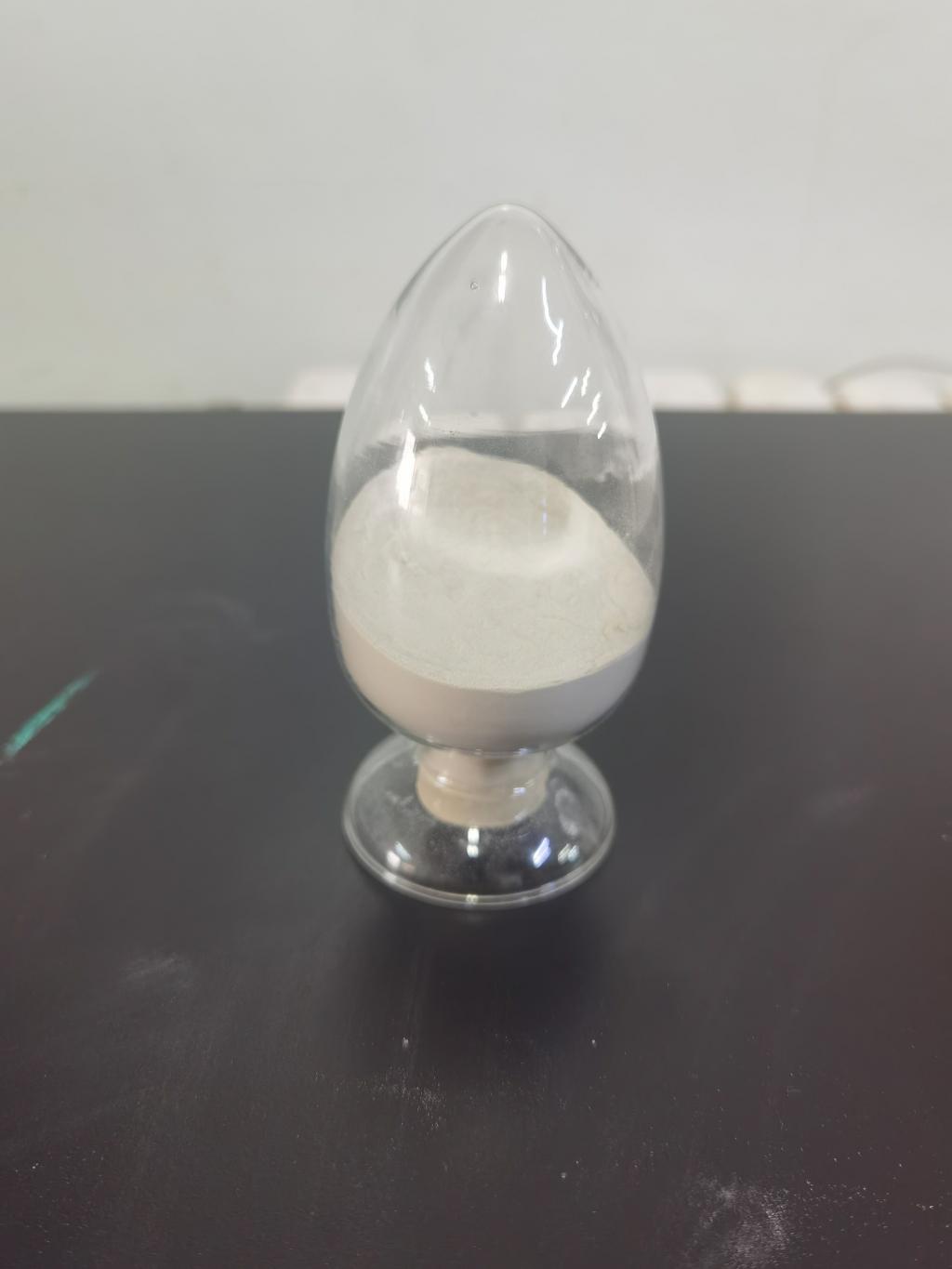Tel:+8618231198596

News
 CONTACT
CONTACT
 CONTACT
CONTACT
- Linkman:Linda Yao
- Tel: +8618231198596
- Email:linda.yao@dcpharma.cn
- Linkman:CHARLES.WANG
- Department:Overseas
- Tel: 0086 0311-85537378 0086 0311-85539701
News
Current Position:
Home >
News
>Are there any alternative natural preservatives that can be used instead of Nisin?
Are there any alternative natural preservatives that can be used instead of Nisin?
TIME:2023-05-23
Organic Acids:
Organic acids have long been used as natural preservatives in food and beverage industries. Acetic acid, citric acid, lactic acid, and sorbic acid are among the most commonly employed organic acids. These compounds exhibit antimicrobial properties and can effectively inhibit the growth of bacteria, yeasts, and molds. Organic acids are particularly effective in acidic food products, such as salad dressings, pickles, and fermented foods. They can be added directly to the food or used as surface treatments to inhibit microbial growth.
Essential Oils:
Essential oils derived from plants have gained popularity as natural preservatives due to their antimicrobial properties and pleasant aroma. Oregano, thyme, rosemary, and cinnamon oils are examples of essential oils with potent antimicrobial activity. These oils contain various bioactive compounds, such as carvacrol, thymol, and cinnamaldehyde, which exhibit strong antimicrobial effects against a wide range of pathogens. Essential oils can be incorporated into food products or applied as coatings to inhibit microbial growth and extend shelf life.
Plant Extracts:
Numerous plant extracts have been investigated for their preservative properties. Grapefruit seed extract, green tea extract, and garlic extract are notable examples. These extracts contain bioactive compounds, including polyphenols and flavonoids, which possess antimicrobial activity. Plant extracts can be added directly to food or used as natural coatings to prevent spoilage. Additionally, they may provide antioxidant benefits, further enhancing the quality and stability of food products.
Bacteriocins:
Bacteriocins are proteinaceous compounds produced by certain bacteria, primarily lactic acid bacteria. These compounds exhibit potent antimicrobial activity against closely related bacteria and can be used as natural preservatives. Nisin, the preservative being replaced in this article, is an example of a bacteriocin. Other bacteriocins, such as pediocin, sakacin, and nukacin, have shown promise as natural alternatives to Nisin. Bacteriocins can be added directly to food products or used in combination with other preservation methods, such as packaging technologies.
Chitosan:
Chitosan, derived from chitin found in the shells of crustaceans, is a natural polysaccharide known for its antimicrobial properties. It exhibits broad-spectrum activity against bacteria, yeasts, and molds. Chitosan can be used as a coating or incorporated into edible films to inhibit microbial growth and extend the shelf life of fruits, vegetables, and seafood. Additionally, chitosan has film-forming properties, providing a physical barrier to protect food from external contaminants.
Lysozyme:
Lysozyme is an enzyme found in various natural sources, including egg whites, milk, and certain fruits. It possesses antimicrobial activity against bacteria by hydrolyzing bacterial cell walls. Lysozyme has been used as a natural preservative in cheese, wine, and meat products. It can inhibit the growth of spoilage bacteria and some pathogens, extending the shelf life of these food items. However, its effectiveness against a wide range of microorganisms is limited compared to other alternatives.
Conclusion:
As consumer demand for natural and clean label products continues to rise, the search for alternative natural preservatives has gained momentum. Organic acids, essential oils, plant extracts, bacteriocins, chitosan, and lysozyme are among the promising alternatives to Nisin. These natural preservatives offer effective antimicrobial properties and can be used in various food products. However, it is essential to consider factors such as compatibility, sensory impact, regulatory approvals, and the specific requirements of each food application when choosing a suitable alternative to Nisin. Further research and development in this field will undoubtedly lead to the discovery of additional natural preservatives, providing the food industry with safer and more sustainable options for microbial control.
- Tel:+8618231198596
- Whatsapp:18231198596
- Chat With Skype







